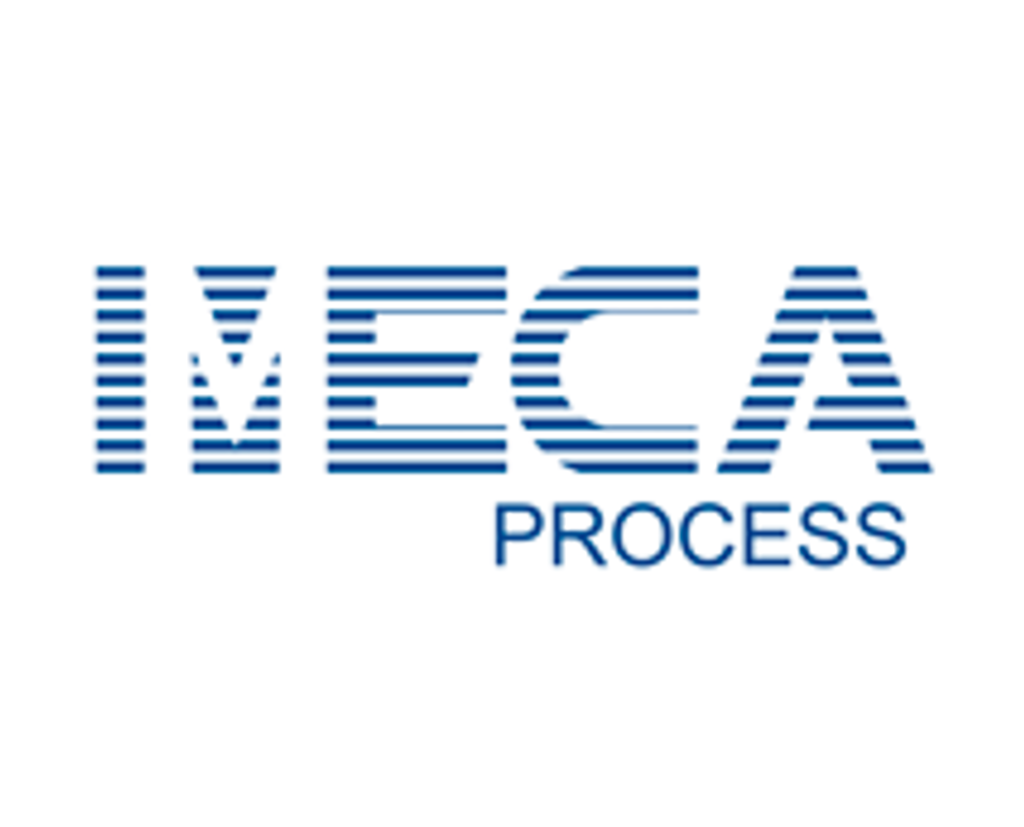
ICIM-18 Partners
Sponsors
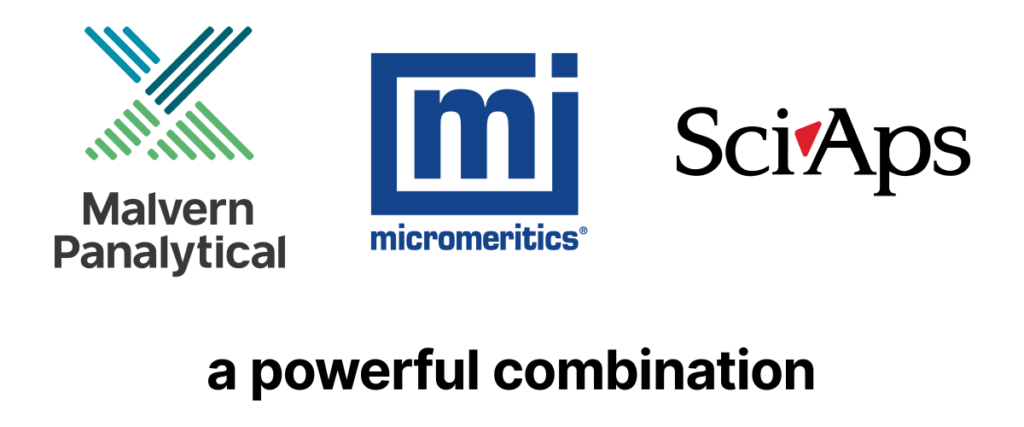
Malvern Panalytical
Malvern Panalytical is a global leader in materials and life science analytics, offering advanced physical, structural and elemental characterization solutions. Following its acquisition of Micromeritics, a world leader in particle and porous material analysis, and SciAps’ innovative handheld XRF and LIBS instruments, the combined portfolio provides one of the broadest, fully integrated material characterization suites available, from lab to field.
Silver
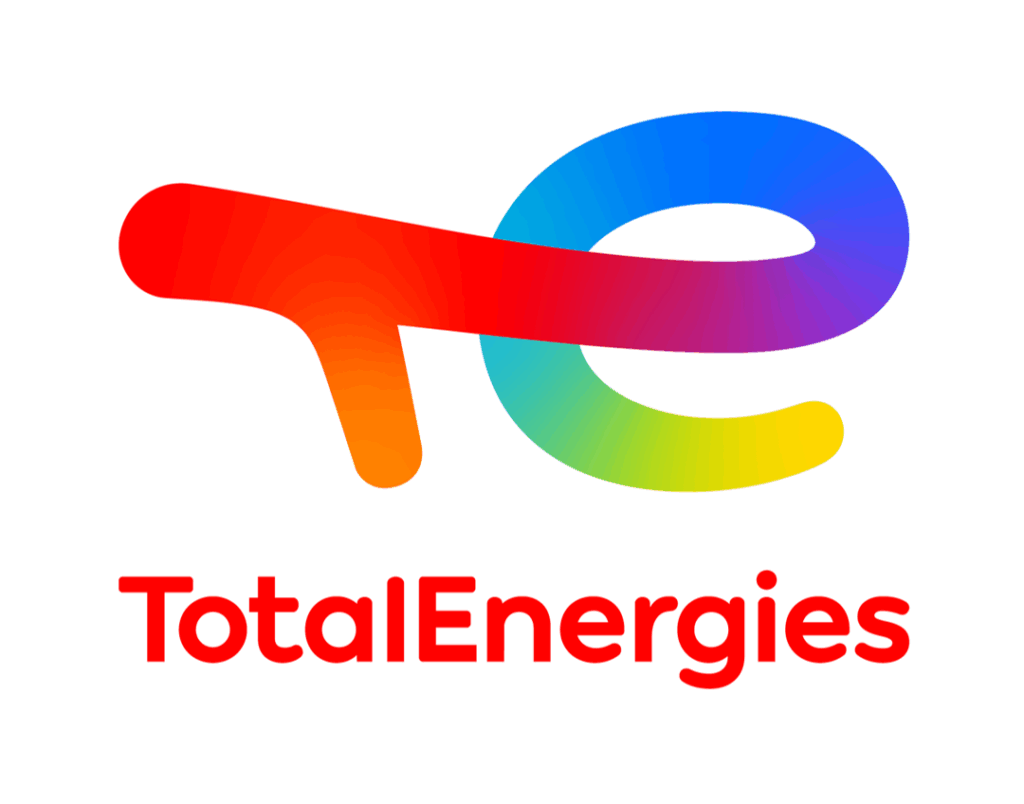
TotalEnergies
TotalEnergies is a global integrated energy company that produces and markets energies: oil and biofuels, natural gas and green gases, renewables and electricity. Our more than 100,000 employees are committed to provide as many people as possible with energy that is more reliable, more affordable and more sustainable. Active in about 120 countries, TotalEnergies places sustainability at the heart of its strategy, its projects and its operations.

Bronze

SHELL
Shell is a global energy and petrochemical company with major operations in oil, gas, and a growing focus on renewables. It aims to become a net-zero emissions energy business by 2050, in line with the Paris Agreement. Shell invests heavily in R&D to drive its energy transition, focusing on: Low-carbon technologies, Carbon capture & storage, Methane emissions reduction, Energy efficiency and Digitalization. These initiatives support Shell’s strategy to create more value with fewer emissions for a sustainable energy future.
Bronze
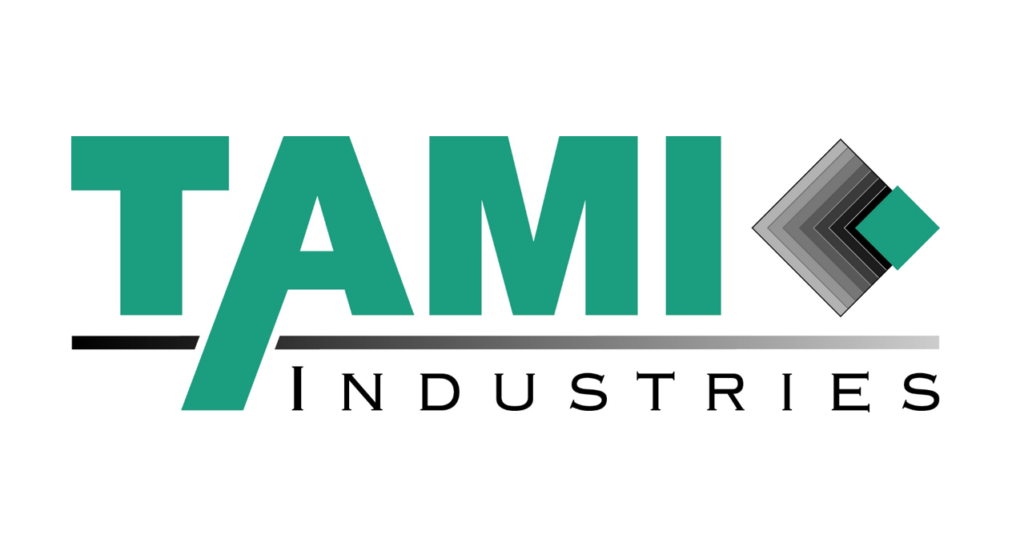
TAMI Industries
TAMI Industries is a leading company specializing in the design and manufacture of ceramic membranes for tangential flow filtration. Founded in 1993, it is a key player in the field thanks to its deep expertise in ceramic materials, process engineering, and continuous innovation. With several international patents and a strong commitment to quality, TAMI Industries offers high-performance filtration solutions tailored to industrial needs across biopharma, food & beverage, and environmental sectors.
Bronze

Nexson Group
Nexson Group is a French company located in Garchizy, specializing in the design and manufacture of high-efficiency welded heat exchangers and pressure vessels. Committed to sustainability, we help industries optimize their manufacturing processes while reducing their energy consumption and environmental impact. Our innovative solutions serve a wide range of industrial sectors in France and around the world, including chemical, petrochemical, agri-food, energy, and more.
Bronze
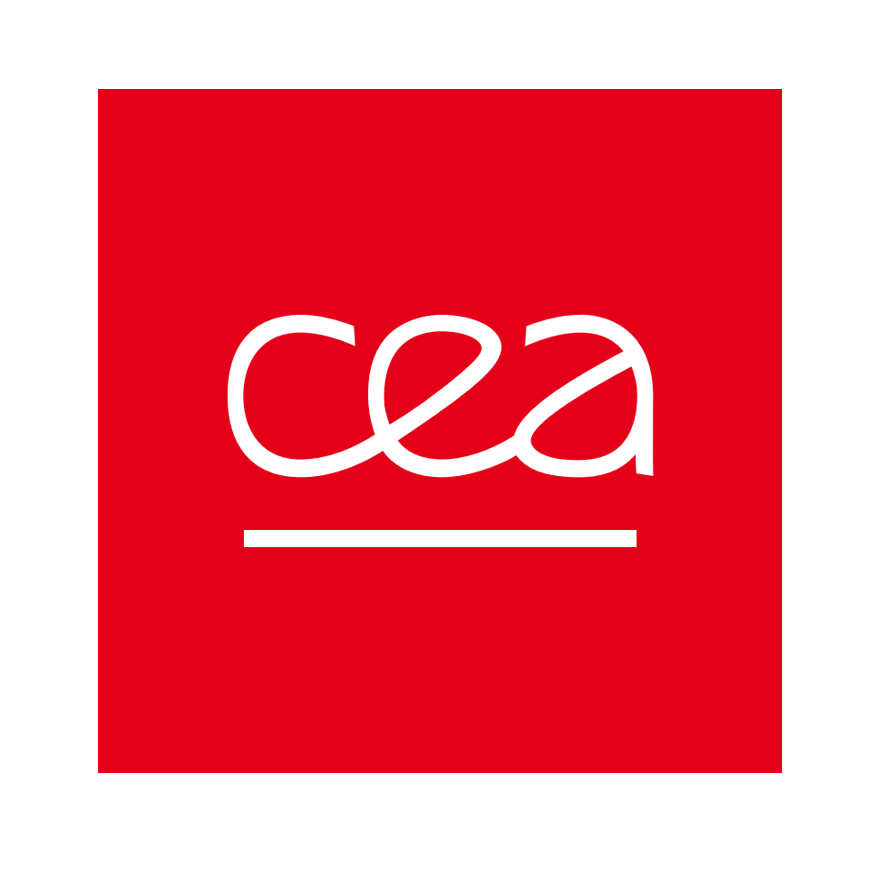
Commissariat à l'Energie Atomique et aux Energies Alternatives (CEA)
CEA is a leading French public research organization in energy, defense, digital technologies, and health. It drives low-carbon energy solutions and supports France’s energy transition through research in: Nuclear safety, Renewables, Hydrogen, Energy storage, and Smart grids. CEA also invests in advanced digital tools and AI to accelerate progress. Its multidisciplinary approach delivers high-impact technologies for a safer, cleaner, and more resilient future.
Bronze

NOVADDITIVE
NOVADDITIVE is a French industrial company manufacturing high performance ceramic parts by 3D printing, from prototypes to full production. Based in Tarbes, we operate an extensive range of ceramic 3D printing technologies (SLA, FDM, LDM ...) and serve aerospace, defense, nuclear, energy, luxury, and research sectors. By combining advanced materials science, industrial expertise, and innovation, we deliver affordable, robust, and sustainable solutions tailored to high performance applications.
Bronze

Nangjing Tangent Fluid Technology (TANGENT)
TANGENT, a membrane producer in Nanjing, is a premier Chinese high-tech enterprise with over 30 years of expertise in ceramic membrane technology for sustainable process industries. It designs and manufactures high-performance micro- and ultrafiltration ceramic membranes, modules, pilot units and OEM systems. Supported by proprietary R&D and 30+ patents, its solutions serve key sectors including biopharmaceuticals, petrochemicals, food & beverage, and water treatment, with a global footprint in over 50 countries.
Bronze

Name - OTHER contribution
Academic, Associations and Institutional Partners
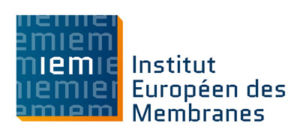
Institut Européen des Membranes (IEM-Montpellier)
The IEM is a Joint Research Unit (CNRS, ENSCM, Univ Montpellier) founded in 1994, aiming to integrate research, education, and valorization in Membrane Science. Renowned internationally, it specializes in membrane materials and processes, applying a multidisciplinary approach to develop and implement new membrane materials. These processes impact areas like energy, water treatment, environmental protection, chemical processing, biotechnologies, food, and health sciences.
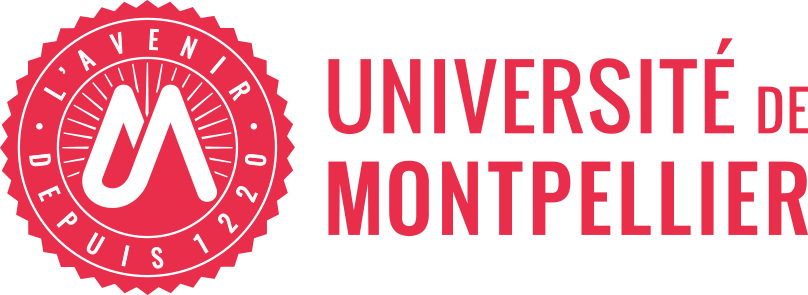
University of Montpellier (UM)
The UM is a public research university located in Montpellier. Established in 1220, UM is one of the oldest universities in the world. It has now 17 components: 8 faculties, 7 institutes, 2 schools, and 1 establishment-component (ENSCM). Annually, UM attracts around 50,000 students. It is France's top university in THE Impact 2024 ranking, placing among the top 101-200 globally out of over 1,900 institutions.

Centre National de la Recherche Scientifique (CNRS)
The CNRS is a public-funded institution that covers all scientific disciplines, from humanities and social sciences to biological sciences, nuclear and particle physics, and engineering. Founded in 1939, it is the largest fundamental science agency in Europe and employs over 30,000 researchers, engineers, and technicians. The CNRS is renowned for its contributions to scientific research, having produced numerous Nobel Prize laureates and Fields Medal winners
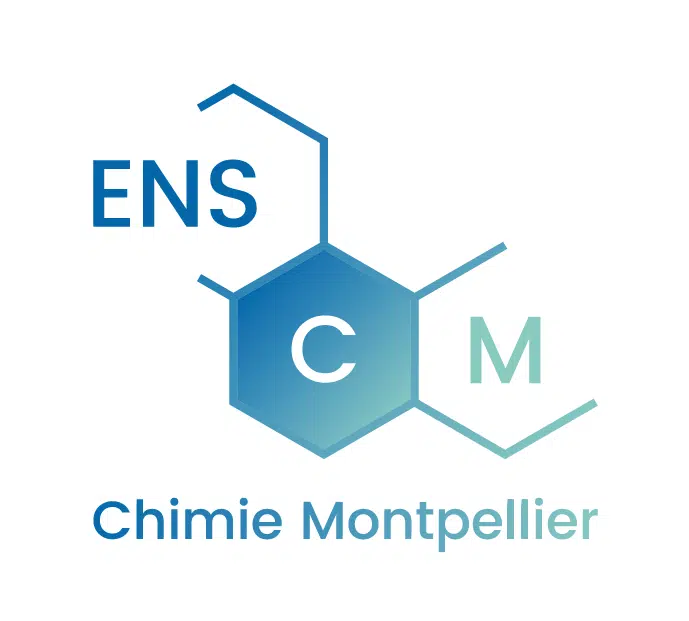
Ecole Nationale Supérieure de Chimie (ENSCM-Montpellier)
The ENSCM is one of France's elite "Grandes Écoles", offering top-tier professional training in science. Over 75% of graduates enter industry, while 25% pursue a PhD. Ranked second nationally among chemistry schools, ENSCM focuses on training engineers, developing research projects, and advancing technologies for innovation.
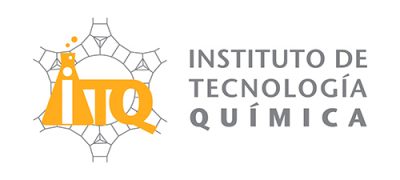
Instituto de Tecnología Química (ITQ-Valencia)
The ITQ is a joint research centre created in 1990 by the Universitat Politècnica de València (UPV) and the CSIC. It is a leading international research center in catalysis, new materials (especially zeolites), and photochemistry. Its multidisciplinary approach and high research standards enable it to adapt to new challenges across various disciplines.

Pôle RHyO (Recherche et Innovation sur l'Hydrogène en Occitanie)
RHyO is a research and innovation hub focused on hydrogen technologies in the Occitanie region of France. Launched in 2021, it aims to accelerate the development and deployment of hydrogen solutions, contributing to the region's energy transition goals. The hub brings together over 200 researchers from various institutions to advance green hydrogen technologies.

Institut Carnot Chimie Balard Cirimat (ICCBC)
The ICCBC is a group of public research laboratories committed to partnership research with industry. Leveraging the expertise of over 800 researchers in Chemistry, Materials, and Processes, the Institute offers R&D support and innovative solutions to companies, addressing environmental and societal challenges in the energy, health, cosmetics, and transport sectors.
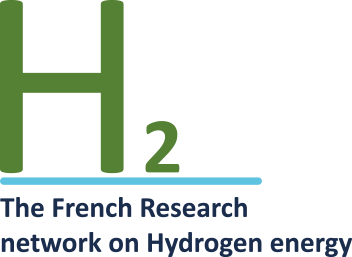
French National Research Network on Hydrogen Energy (FRH2)
The FRH2 brings together 30 laboratories and 600 researchers and PhD students. Coordinated by the CNRS, it plays a key international role in hydrogen R&D. The network focuses on electrolysis, purification, storage, and fuel cell technologies, aiming to develop efficient, durable, and cost-effective solutions for industrial applications.

MedVallée Montpellier
MedVallée is a pioneering ecosystem and strategic initiative launched in 2021 by Montpellier Métropole, in partnership with the Occitanie Region and the French State. Its ambition is to position Montpellier as a world-class cluster in Global Health, embracing the WHO-endorsed One Health approach — connecting human health, animal health, food systems, environment, and biodiversity, and fostering innovation through research, education, and industry collaboration.
Exhibitors

